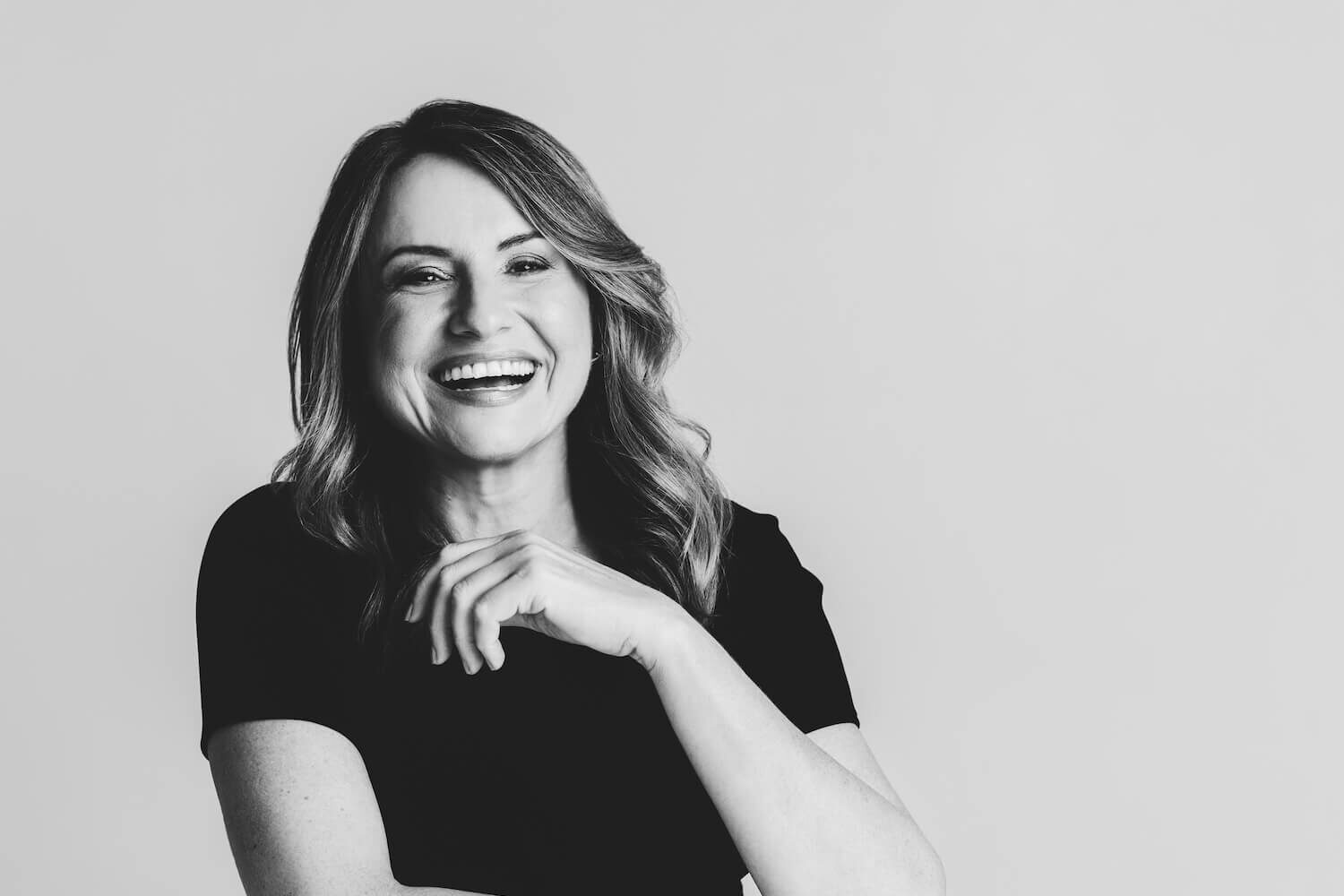Thomas Edison, inventor of the light bulb, once called sleep “a heritage from our cave days.” He bragged about getting by on just four or five hours a night.
But history tells a different story. Edison napped constantly; on park benches, under trees, even mid-experiment at his desk. His homes were full of cots and pillows.
He didn’t skip sleep. He scattered it.
Edison eventually died from complications linked to diabetes, an illness now known to worsen with poor sleep and disrupted circadian rhythms.
It’s a fitting metaphor for the myth many high performers still believe: that sleeping less means achieving more.
Let’s set that record straight.
The Sleep Paradox: When ‘Enough’ Isn’t Enough
Most midlife leaders don’t set out to sabotage their sleep, but the result often looks the same. They clock their seven to eight hours, wear their sleep trackers, and still wake up exhausted.
Why? Because in midlife, sleep changes:
- Sleep becomes lighter as deep sleep phases shorten
- Hormonal shifts like falling melatonin and erratic cortisol start calling the shots
- Blood sugar becomes harder to regulate
- Weight gain can interfere with breathing
- And stress? It’s ever-present, from boardroom pressure to parenting teens to looking after ageing parents.
The standard advice tells you to just get more sleep. But that misses the point. It’s time to stop only aiming for more, and start aiming for smarter.
Why Standard Sleep Hygiene Falls Short
By midlife, most leaders have tried the usual sleep advice: switching off screens, sipping herbal tea, buying blackout curtains.
But they’re still waking up exhausted. One client tracked her sleep obsessively, yet averaged just one hour of deep sleep, a level that left her foggy and unfocused the next day.
It turns out, she was consistently staying up late to connect with her partner after his overseas calls.
The fix wasn’t another supplement or gadget. It was protecting her sleep window by choosing certain nights to stay up, and others to prioritise rest and connecting with her partner.
That small shift made a big difference.
What Sleeping Smarter Actually Means
Sleeping smarter starts with a better question:
Why am I not waking up refreshed?
It’s rarely about hours. It’s about what’s happening during those hours.
Is your breathing disrupted from undiagnosed sleep apnoea?
Is cortisol throwing a 2 a.m. party?
Are blood sugar crashes or a late-night curry keeping your nervous system wired?
Hormonal shifts, low melatonin, joint pain, digestion — any one of them can hijack your deep sleep.
The key? Get specific.
In my DNA Discovery process, we use testing to pinpoint the root cause. But you can start by tuning in.
Ask yourself:
Do you wake with a dry mouth, headache, or notice snoring?
→ Could be sleep apnoea or poor overnight breathing.
Do you fall asleep fine, then wake at 2 or 3 a.m. wired?
→ May be a cortisol spike or blood sugar crash.
Are you sleeping enough but it feels light or broken?
→ Could signal a loss of deep sleep or disrupted sleep architecture.
Feel flat in the morning and wired at night?
→ Your circadian rhythm or stress hormones may be out of sync.
Going to bed bloated or overly full? Do you suffer from constipation or reflux?
→ Digestive strain or microbiome imbalances may be waking you.
Waking up hot or sweaty, especially in the second half of the night?
→ Think hormonal shifts.
Struggling to wind down, even when tired?
→ Could be low melatonin or too much blue light exposure.
Tossing from pain or discomfort?
→ Musculoskeletal issues may be interfering with sleep depth.
These are your breadcrumbs. Start there.
